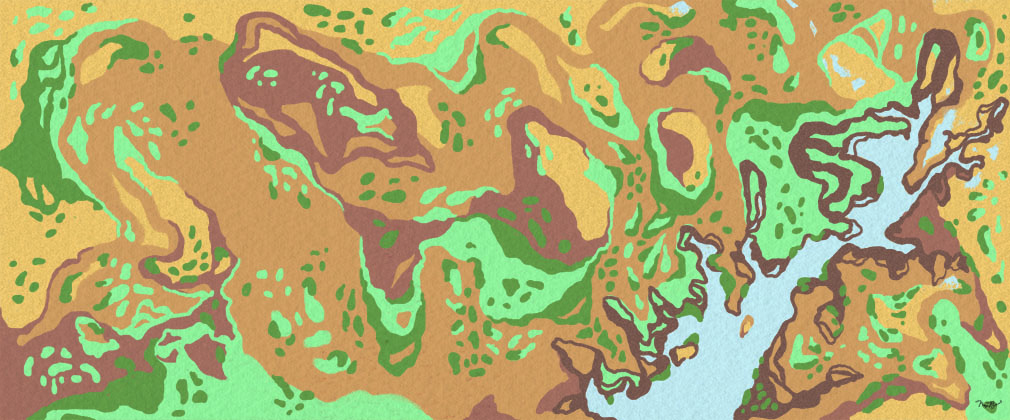Food Equity
From examining a neighborhood’s food environment to collaborating with policymakers to use geospatial mapping, the Johns Hopkins Center for a Livable Future explores the causes of food insecurity, inequity and poor access on the ability of a community to meet its food needs. By directing resources to areas with significant needs, we work with communities and policymakers to use data and stories to advocate for a more equitable, healthy and sustainable food system.
Learn more about artist Maya Braunstein.
Stories and Viewpoints
Projects
Baltimore Food Policy Advisory Committee
The Center for a Livable Future played a key role in convening the Baltimore City Food Policy Task Force, formed in 2009, and authored the Baltimore’s Food Policy Task Force Final Report and Recommendations.
Food Policy Networks
The FPN project aims to build the capacity of local, state, regional, and tribal food systems councils, national organizations, and other groups interested in improving the food system.
Enhancing Food Security in the Northeast with Regional Food Systems
Studying whether greater reliance on regionally produced foods could improve food access and affordability for disadvantaged communities, while also benefiting farmers.
Community Food Assessments
We created a CFA tool and conducted CFAs in Baltimore neighborhoods to gather information on communities’ experiences of their local food environments
Baltimore City’s Food Environment
The Johns Hopkins Center for a Livable Future has collaborated with the Baltimore Food Policy Initiative since 2012 to examine the physical food environment in Baltimore City.
